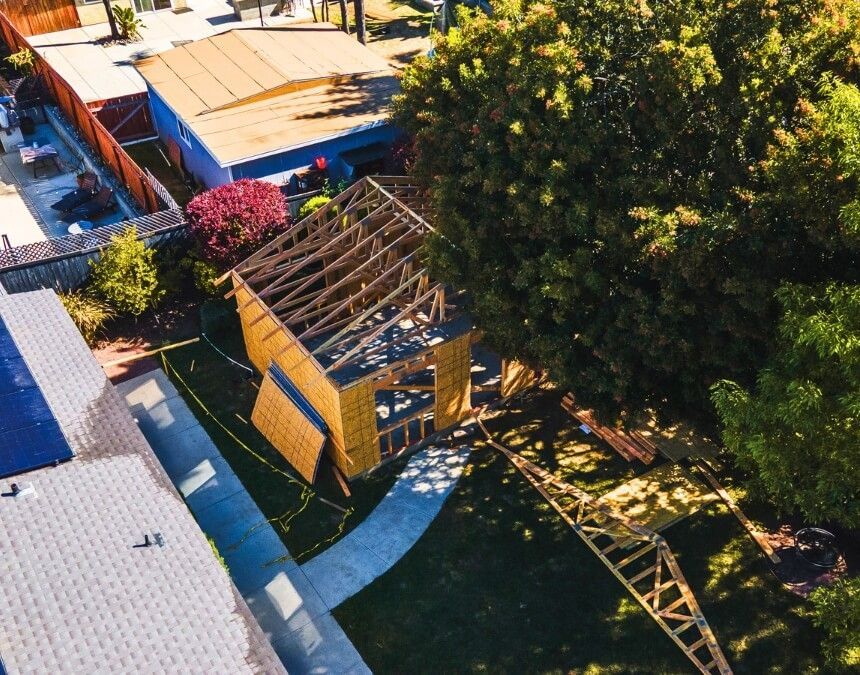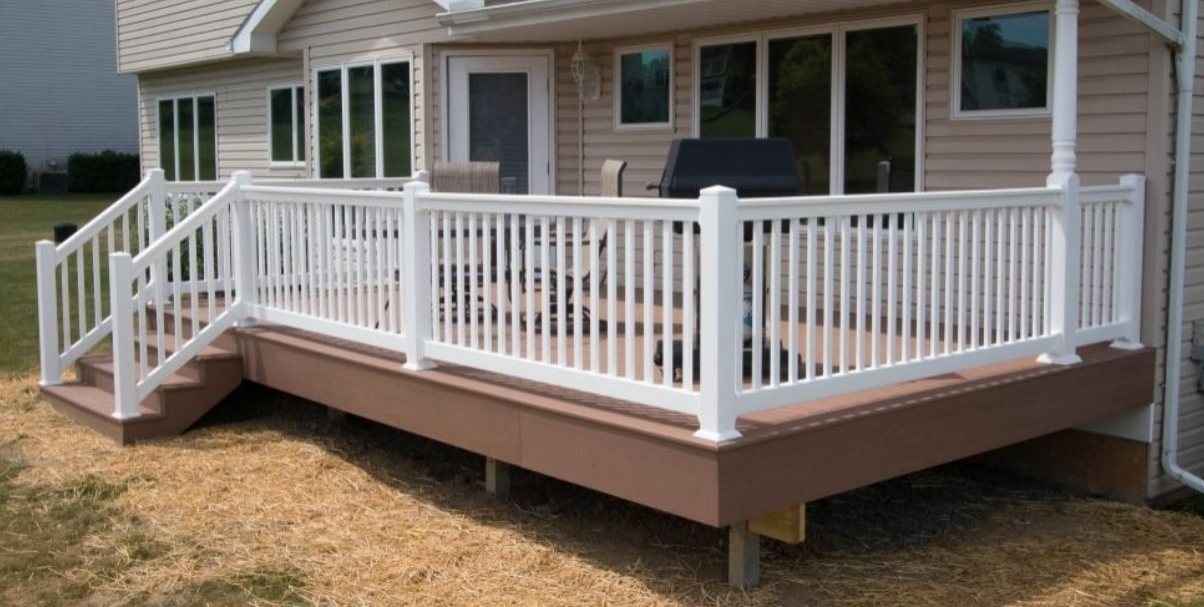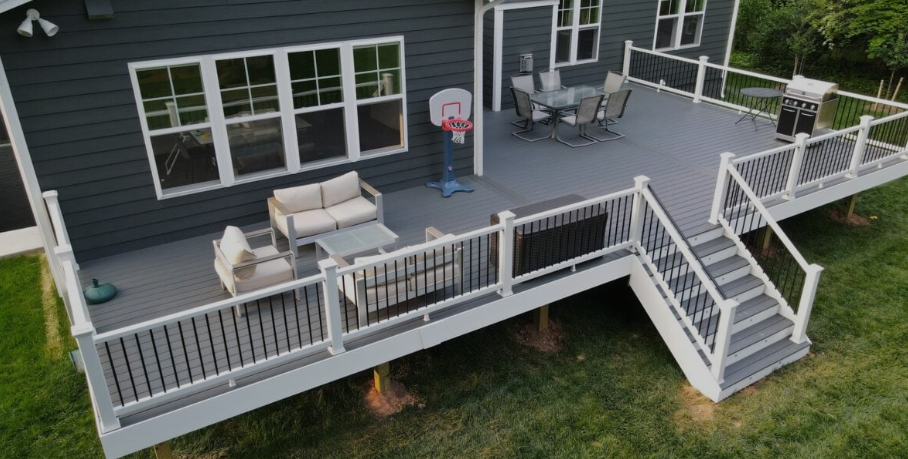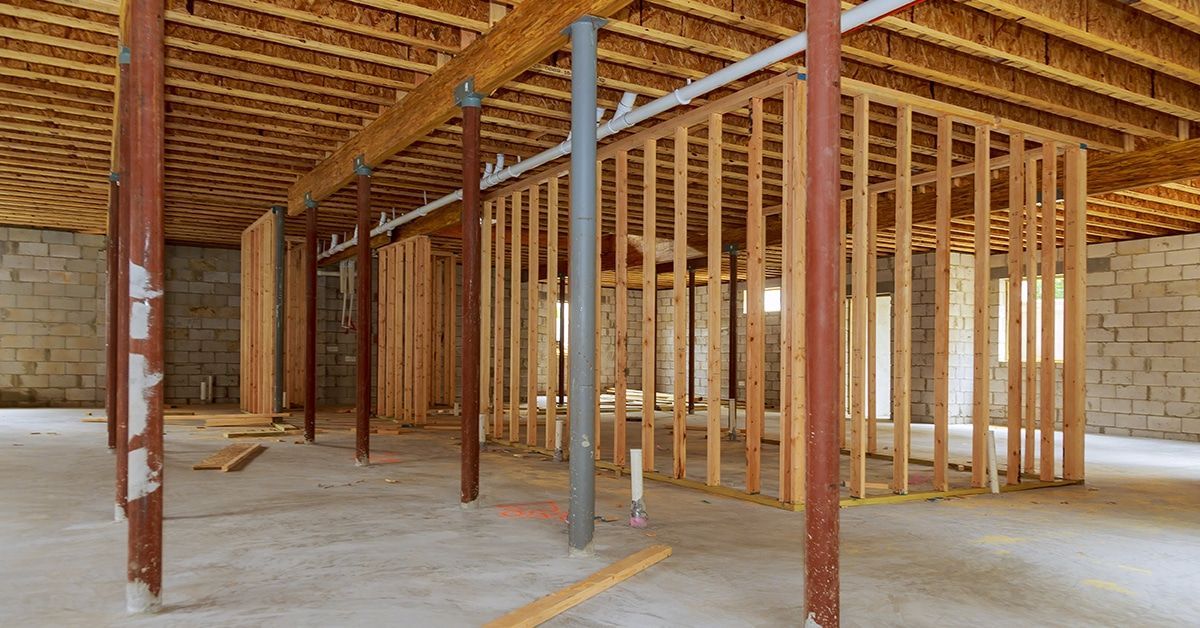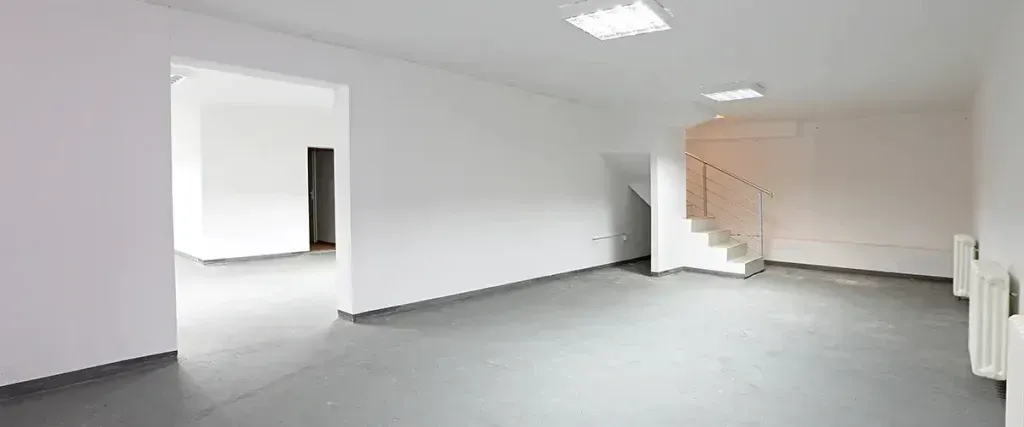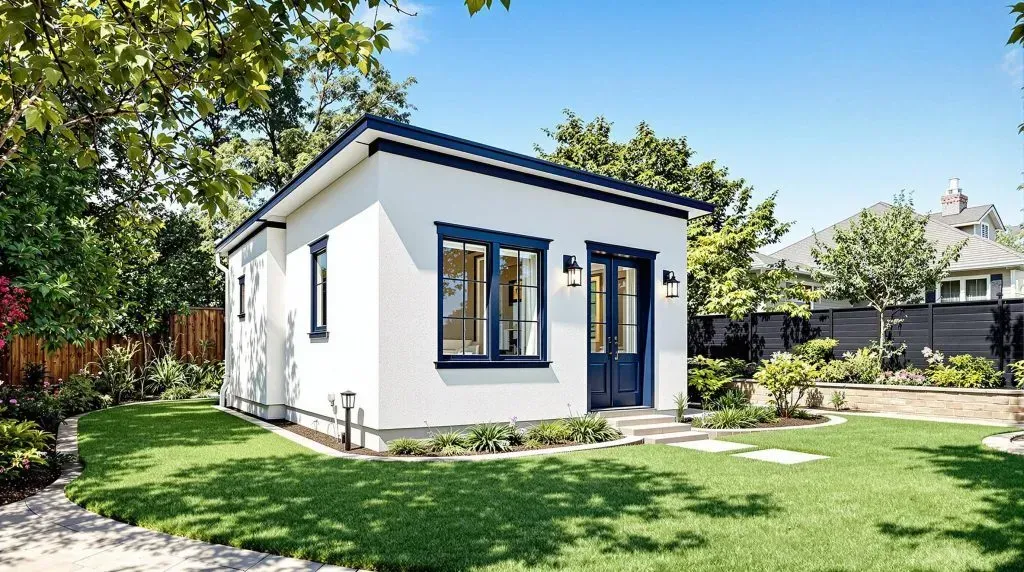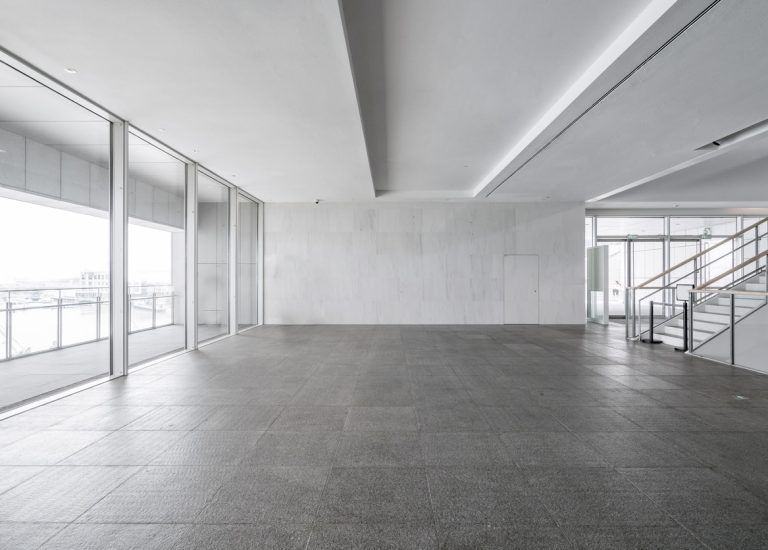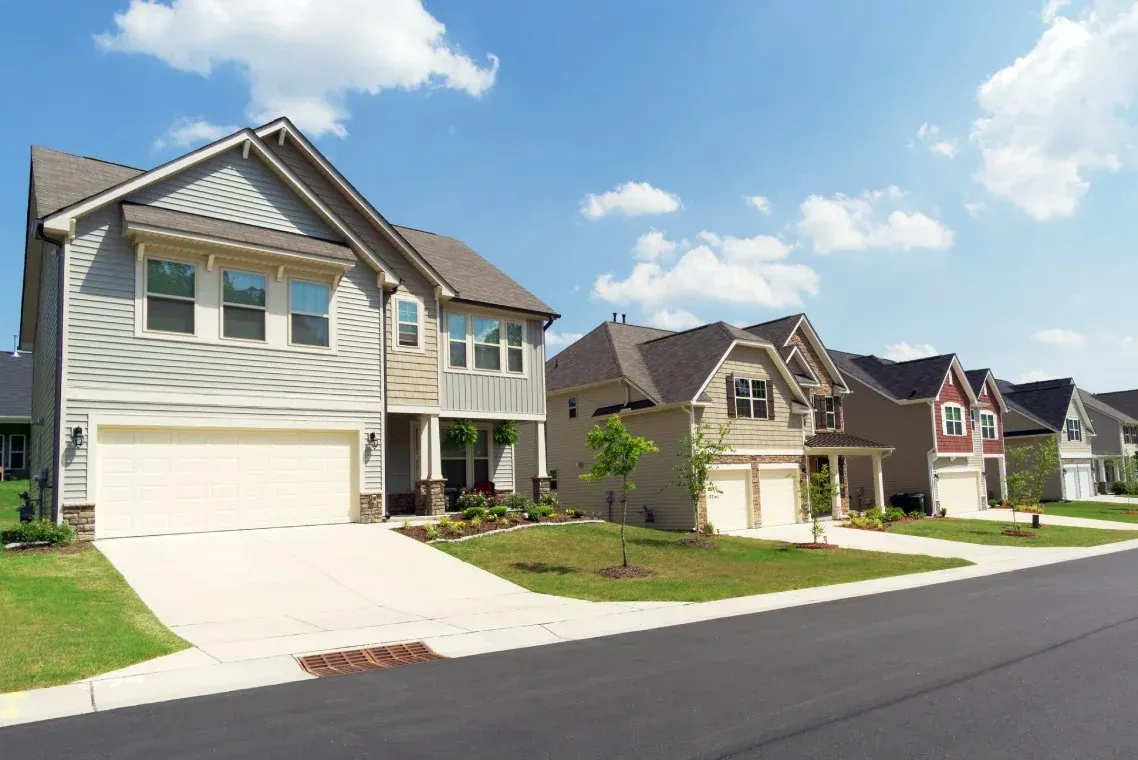Rhode Island Septic System Maintenance - 4 Seasons
Rhode Island septic systems require year-round maintenance to function properly through the state's distinct four seasons. Spring cleaning and inspection, summer monitoring, fall winterization, and winter freeze protection are essential for preventing costly repairs and ensuring system longevity in Rhode Island's variable climate.
Quick Answer: Rhode Island Seasonal Septic Maintenance
Essential seasonal tasks for Rhode Island septic systems:
- Spring: Professional inspection, pumping if needed, check for winter damage
- Summer: Monitor usage, maintain grass cover, schedule repairs
- Fall: Winterize system, final pumping, prepare for freeze protection
- Winter: Prevent freezing, reduce water usage, monitor for issues
Spring Septic Maintenance in Rhode Island (March-May)
Post-Winter Inspection
Rhode Island's harsh winters can damage septic systems. Spring is crucial for:
Visual System Check
- Inspect for frost heave damage around the tank
- Look for settled or sunken areas over the leach field
- Check for exposed pipes or damaged tank lids
- Examine the distribution box for winter damage
Professional Spring Services
- Septic pumping: Every 3-5 years or after heavy winter use
- System inspection: Check baffles, tees, and tank integrity
- Leach field assessment: Ensure proper drainage after snowmelt
- Bacterial treatment: Restart biological processes after winter
Rhode Island Spring Weather Considerations
The state's freeze-thaw cycles create unique challenges:
- Frost heave: Can shift tank positions and crack pipes
- Saturated soil: Spring rains may overwhelm compromised systems
- Snowmelt runoff: Can flood leach fields and backup systems
Cost-Effective Spring Maintenance
- Pumping: $300-$500 (every 3-5 years)
- Inspection: $150-$300 annually
- Minor repairs: $200-$800
- Bacterial additives: $50-$100
Summer Septic Maintenance in Rhode Island (June-August)
Peak Usage Management
Summer brings increased water usage from:
- Vacation guests and family visits
- Lawn watering and pool maintenance
- More frequent laundry and dishwashing
- Outdoor entertaining and cooking
Water Conservation Tips
- Spread laundry loads throughout the week
- Fix leaky fixtures immediately
- Use water-efficient appliances
- Limit garbage disposal use
Leach Field Protection
Rhode Island's summer heat requires special attention:
- Maintain grass cover: Prevents soil compaction and erosion
- Avoid heavy equipment: Don't park cars or machinery over the system
- Proper landscaping: Keep trees and shrubs away from pipes
- Monitor for wet spots: Early detection prevents major issues
Summer Monitoring Schedule
Monthly Checks
- Visual inspection of system area
- Check for unusual odors or standing water
- Monitor household water usage
- Inspect tank lids for damage or settling
Professional Summer Services
- Mid-season inspection: Especially important for high-use properties
- Pump maintenance: Check effluent pumps in advanced systems
- Alarm system testing: Ensure warning systems function properly
Fall Septic Maintenance in Rhode Island (September-November)
Winterization Preparation
Fall is critical for preparing Rhode Island septic systems for winter:
Pre-Winter Pumping
- Recommended timing: Late September to early October
- Benefits: Prevents solids from freezing in the tank
- Capacity management: Ensures maximum tank capacity for winter
- System longevity: Reduces stress on components
Insulation and Protection
- Grass cover maintenance: Ensure thick grass over the entire system
- Mulch application: Add 6-8 inches over tank and pipes
- Leaf removal: Prevent drainage blockages
- Pipe insulation: Protect exposed pipes from freezing
Rhode Island Fall Weather Prep
The state's variable fall weather requires:
- Early freeze protection: Temperatures can drop suddenly
- Drainage management: Ensure proper water flow before ground freezes
- System accessibility: Clear paths for winter emergency access
- Backup planning: Prepare for potential winter system failures
Fall Maintenance Checklist
Essential Tasks
- Schedule professional inspection and pumping
- Check and repair any damaged components
- Ensure proper drainage around the system
- Remove leaves and debris from system area
- Test alarm systems and backup pumps
- Inventory emergency supplies
Winter Septic Maintenance in Rhode Island (December-February)
Freeze Prevention Strategies
Rhode Island winters can be harsh on septic systems:
Temperature Protection
- Continuous water flow: Run water regularly to prevent freezing
- Insulation maintenance: Check mulch and grass cover monthly
- Pipe protection: Ensure exposed pipes remain insulated
- Tank monitoring: Watch for signs of freezing or backup
Cold Weather Usage Tips
- Reduce water usage: Minimize strain on the system
- Warm water use: Helps prevent freezing in pipes
- Avoid additives: Don't use chemical drain cleaners
- Monitor carefully: Watch for backup or overflow signs
Emergency Winter Procedures
Frozen System Signs
- Toilets won't flush properly
- Drains gurgle or back up
- Water doesn't drain from fixtures
- Sewage odors in the home
Immediate Actions
- Reduce water usage immediately
- Call a professional - don't attempt DIY repairs
- Locate system components for service access
- Document issues for insurance purposes
Winter Service Availability
Most Rhode Island septic contractors offer:
- Emergency services: 24/7 availability for urgent issues
- Thawing services: Professional system thawing equipment
- Temporary solutions: Pumping and bypass options
- Preventive visits: Regular winter monitoring services
Year-Round Rhode Island Septic Best Practices
Water Usage Management
Efficient Usage Patterns
- Laundry spacing: Spread loads throughout the week
- Dishwasher efficiency: Run full loads only
- Toilet habits: Avoid flushing non-biodegradable items
- Shower conservation: Install low-flow fixtures
Household Chemical Management
Septic-Safe Products
- Biodegradable cleaners: Protect bacterial balance
- Minimal bleach use: Occasional use is acceptable
- Avoid antibacterial soaps: Can disrupt system biology
- Natural alternatives: Vinegar and baking soda for cleaning
Professional Maintenance Schedule
Annual Requirements
- Spring inspection: Post-winter damage assessment
- Summer monitoring: Peak usage season checks
- Fall preparation: Winterization services
- Emergency availability: 24/7 service access
Rhode Island Regulatory Compliance
State Requirements
- ISDS regulations: Follow Rhode Island DEM guidelines
- Inspection schedules: Required timelines for different systems
- Permit compliance: Maintain valid system permits
- Environmental protection: Groundwater and coastal protection
Signs Your Rhode Island Septic System Needs Professional Attention
Immediate Concerns
- Sewage backups in the home
- Strong odors around the system
- Standing water over the leach field
- Gurgling sounds from drains
- Slow drainage throughout the house
Seasonal Warning Signs
Spring Issues
- Wet spots after snowmelt
- Unusual grass growth patterns
- Exposed pipes or tank components
- Settlement or shifting around the system
Summer Problems
- System overflow during peak usage
- Foul odors during hot weather
- Leach field saturation
- Pump alarms or failures
Fall Concerns
- Poor drainage before winter
- Damaged components from summer use
- Inadequate insulation coverage
- System accessibility issues
Winter Emergencies
- Frozen pipes or tank
- Complete system backup
- Emergency pumping needs
- Heating system failures
Cost Benefits of Proper Seasonal Maintenance
Preventive Maintenance Savings
Annual Costs
- Regular pumping: $300-$500 every 3-5 years
- Seasonal inspections: $150-$300 per visit
- Preventive treatments: $50-$200 per year
- Minor repairs: $200-$800 as needed
Emergency Repair Costs
- Frozen system repair: $1,500-$3,000
- Pump replacement: $1,200-$2,500
- Leach field repair: $3,000-$8,000
- Complete system replacement: $15,000-$35,000
Long-Term System Benefits
Proper seasonal maintenance extends system life by:
- Preventing major component failures
- Maintaining optimal bacterial balance
- Protecting against weather damage
- Ensuring regulatory compliance
Choosing Rhode Island Septic Maintenance Services
Contractor Selection Criteria
Essential Qualifications
- Rhode Island DEM certification
- Valid state contractor license
- Comprehensive insurance coverage
- Local experience and references
- 24/7 emergency availability
Service Offerings
- Seasonal maintenance programs
- Emergency repair services
- Pumping and inspection services
- System monitoring and alerts
- Compliance assistance
Questions for Potential Contractors
- How long have you serviced septic systems in Rhode Island?
- What seasonal maintenance programs do you offer?
- Do you provide emergency services year-round?
- What is your response time for urgent issues?
- Can you provide references from similar properties?
Environmental Considerations for Rhode Island
Coastal Protection
Rhode Island's extensive coastline requires:
- Enhanced maintenance near water bodies
- Nitrogen reduction in sensitive areas
- Regular monitoring of system performance
- Strict compliance with environmental regulations
Groundwater Protection
The state's reliance on groundwater demands:
- Proper system maintenance to prevent contamination
- Regular testing of nearby wells
- Immediate repairs of any system failures
- Professional oversight of maintenance activities
Need professional septic system maintenance services throughout Rhode Island's four seasons? Rockhouse Construction provides comprehensive septic maintenance programs tailored to Rhode Island's unique climate challenges. Our experienced team offers seasonal inspections, emergency services, and preventive maintenance to keep your system running smoothly year-round. Contact us today to schedule your seasonal septic maintenance and protect your investment.
